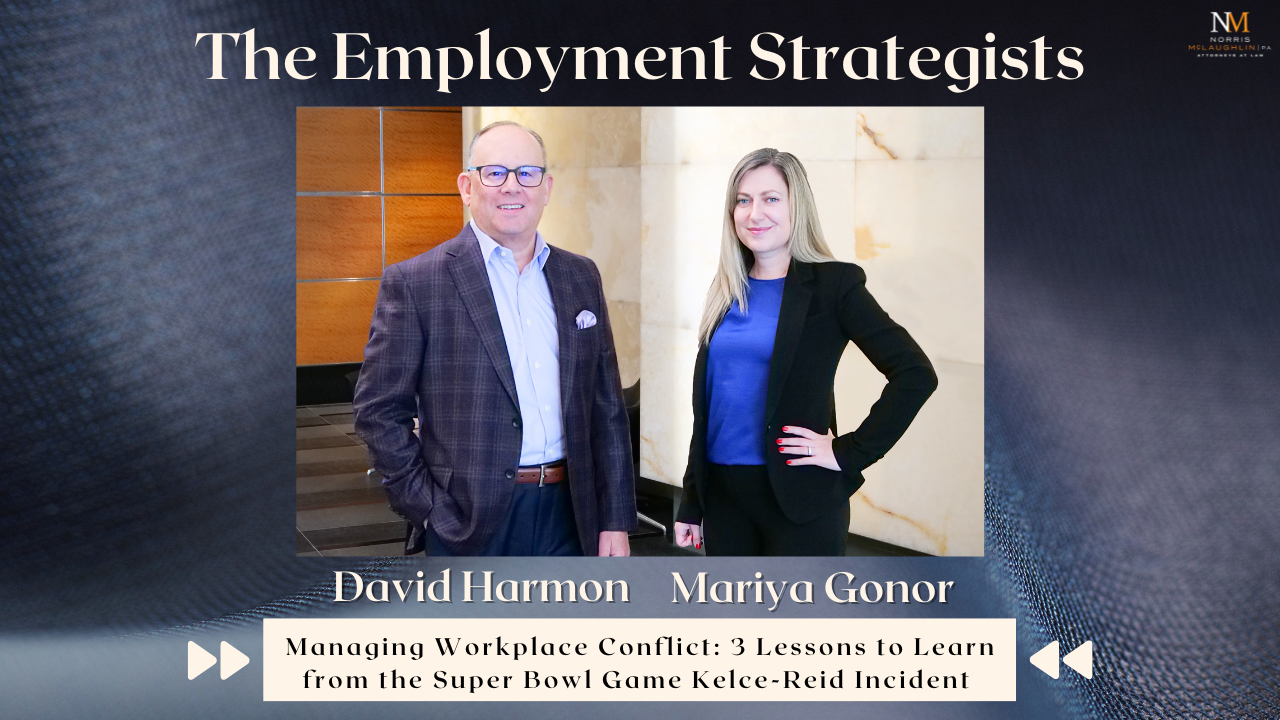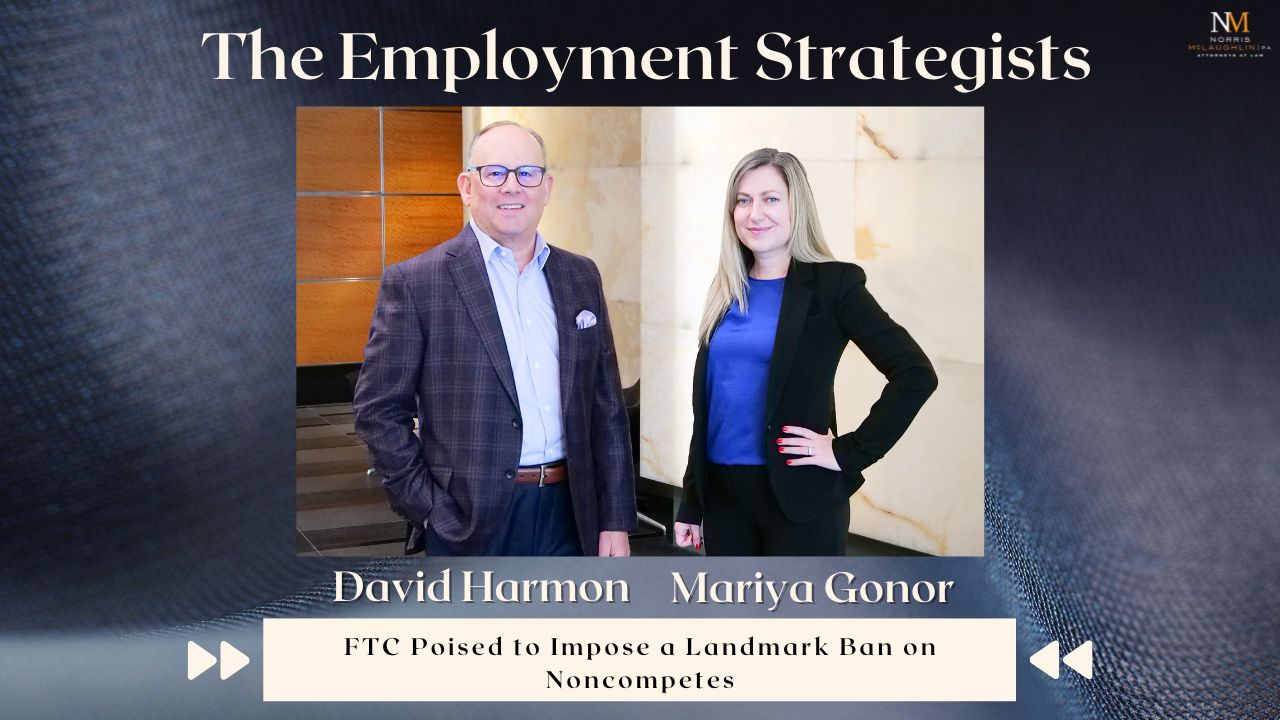Managing Workplace Conflict: 3 Lessons to Learn from the Super Bowl Game Kelce-Reid Incident

During the recent Super Bowl game, millions of viewers witnessed a tense moment that quickly became a talking point far beyond the realm of sports. Kansas City Chiefs’ star tight end, Travis Kelce, was seen apparently pushing and yelling at Head Coach Andy Reid. The incident seemed to stem from the player’s frustration over being sidelined during a crucial part of the game, leading to an outburst that suggested he was demanding more playing time.
This high-profile episode serves as a powerful example for managers and supervisors across all industries, illustrating the challenges of dealing with insubordinate (and possibly disruptive) behavior in the workplace. If not for Coach Reid’s calm and collected response, this incident could have escalated into a far more unpleasant exchange.
Drawing lessons from the incident, here are three key actions that leaders can take when faced with threatening or insubordinate employees:
1. Exercise Professional Restraint and Demonstrate Leadership
The first lesson is the importance of maintaining composure and professionalism. In any situation where tensions may rise, it’s crucial for managers to exercise restraint and avoid escalating the situation further. This approach not only helps in diffusing immediate tension, but also sets a positive example for the rest of the team. It’s essential that managers not misuse their position of power; rather, as Coach Reid exemplified, demonstrating calm and decisive leadership can often de-escalate a potentially volatile situation.
2. Refer to Company Policies and Engage HR
When dealing with insubordination or an outburst by an employee, it’s important to follow established corporate protocols. Managers should consult the company’s employee handbook for procedures to handle complaints and investigations. Filing a formal complaint with Human Resources can initiate a process that is both fair and impartial. Ideally, the HR department should be properly trained to address a tense situation. This step ensures that all parties are heard, and that the incident is addressed thoroughly, respecting the rights and dignity of everyone involved, and setting an example for the rest of the company.
3. Support the Investigative Process
Once a complaint is filed, cooperating fully with the ensuing investigation is paramount. An effective investigation can uncover the root causes of the conflict, offering insights into not just what happened, but why. By supporting this process, managers can help ensure that resolutions are just, and that similar incidents can be prevented in the future. It’s also an opportunity for organizations to reinforce their commitment to a respectful and safe working environment for all employees.
Conclusion
The incident at the Super Bowl game, while unfortunate, provides valuable lessons for leaders in any field. Managing workplace conflict requires a balanced approach that prioritizes restraint, adherence to company policies, and support for the investigative process. By applying these principles, managers and supervisors can navigate complex interpersonal challenges, fostering a workplace culture that is both respectful and productive.
Recognizing principles of good leadership remains constant and essential, whether on the football field or in the office.
For more insights, stay tuned to our blog, The Employment Strategists, and our podcast of the same name.
For inquiries or further information, please don't hesitate to contact David Harmon and Mariya Gonor at TheEmploymentStrategists@norris-law.com.




